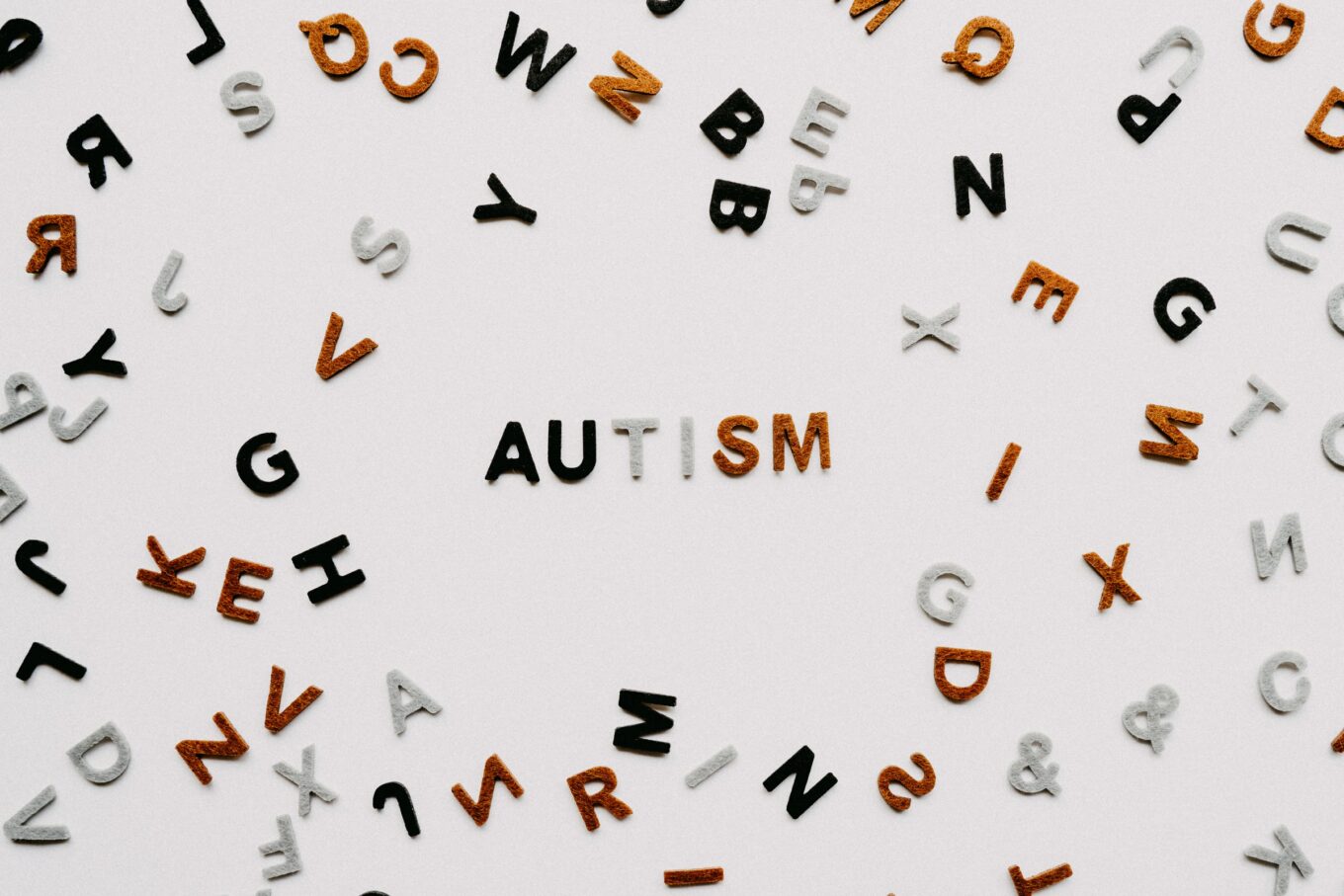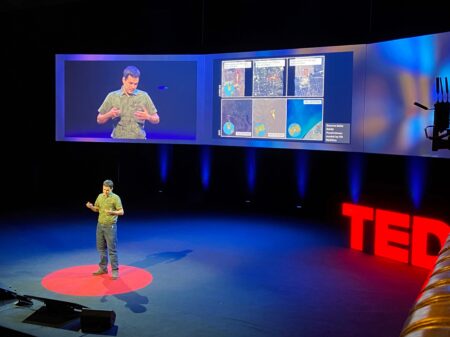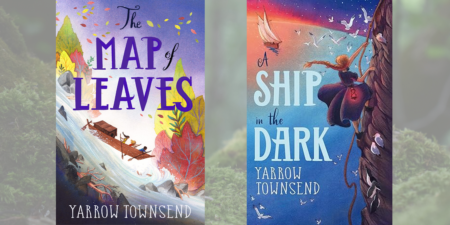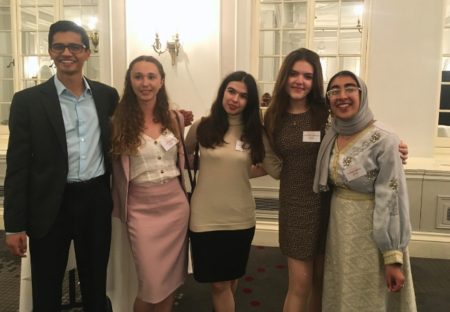I was diagnosed on the autistic spectrum aged nine, which makes me one of the lucky ones. A combination of historical ignorance, stereotypes, unclear pathways and long waiting lists mean that many autistic people, especially women, aren’t diagnosed until well into adulthood (if at all).
Although autism was once thought of as rare, we now know that around one in a hundred people are autistic – so the chances are you already know at least one autistic person, whether you (or they!) are aware of their autism or not.
Autism is essentially a neurodevelopmental condition which affects how people experience the world and interact with others. It’s not an illness or a tragedy; it’s just the way my brain is wired, a part of who I am that can’t be separated from my identity or personality. For me, autism means I process information differently; everyday sounds, textures and changes can form an overwhelming wave of sensory information that, in the worst-case scenario, leads to a meltdown. However, being autistic also means I get an intense joy out of my interests that most people don’t quite understand, and I can listen to the same song on repeat for a ridiculously long time without getting bored.
Every autistic person is different just as every non-autistic person is different. Thankfully, as a society, we are beginning to move away from the assumption that all autistic people are like Rain Man, but instead, a binary of stereotypes is taking its place. Autistic people tend to be seen as either ‘high-functioning’ and experiencing no difficulties beyond social awkwardness, or ‘low-functioning’ and completely incapable of understanding or making decisions. People assume that an Oxford graduate can’t really have anything in common with those they deem ‘really autistic’, the ones who make seemingly meaningless vocalisations and movements and descend into panic because something as simple as the weather has changed unexpectedly; but I share all of those traits. I tend to think of the spectrum as a colour wheel – circular, not linear, with everyone having different strengths and weaknesses in different areas. Just like everyone else, the way we function also varies from day to day, task to task, environment to environment. The truth is, autistic people don’t divide neatly into ‘high’ and ‘low’; we’re everything and everywhere in between.
Equally, the barriers and difficulties experienced by autistic people often span across the spectrum. Autistic people face stark inequalities in physical and mental health; in particular, autistic people without a co-occurring learning disability are nine times more likely to die by suicide than the general population. Employment rates are also shockingly low, with a 2018 report from the Association of Graduate Careers Advisory Services finding that just 31% of autistic graduates find full-time employment within six months, the lowest proportion of all disability groups. However, these outcomes are not inevitable; with the right support, autistic people can thrive.
Every autistic person is different just as every non-autistic person is different. Thankfully, we’re beginning to move away from the assumption that all autistic people are like Rain Man
In many ways, I thrived at Hertford. Choosing a smaller college was definitely the right decision for me; I wasn’t thrown into a cohort of hundreds of first-year law students, but a much more manageable cohort of eight, and we could get to know each other quickly. Outside of my studies, the Oxford Doctor Who Society allowed me to meet people who shared one of my special interests in a structured, predictable environment, and many of the friends I’m still in touch with today (as well as some I’ve met since leaving!) have come through WhoSoc. The things I was laughed at for, or rejected for, back at school either went unnoticed or were just accepted by my new university peers, which was an incredible feeling.
On the other hand, moving away to university and living independently for the first time was a major transition which brought a whole set of new challenges. Without the rigid routines of school to fall back on, I had to figure out my own routines from term to term. If things got overwhelming and I shut down, I had to learn to pick myself up again at least for shopping and cooking and eating if not for studying. Then there was the biggest new challenge: the unprecedented opportunities I had for socialising also came with a wall of social anxiety. All of this and more came to a head in particular during my third year studying in Paris; I had some amazing experiences there, but finding myself in such a different environment without my usual support network was a real wake-up call, particularly when others are expecting you to be having the time of your life and most of your friends are finalists who are recognised to have ‘real problems’!
Nevertheless, throughout my four years at Hertford, I never really engaged with the Disability Advisory Service. In hindsight, it perhaps would have been useful even to just talk to someone about what support may or may not be helpful through my degree; in general, I find that there’s a lot of encouragement to request reasonable adjustments but not a lot of explanation as to what those could look like! This lack of engagement was in large part because I didn’t think it was for me. I didn’t need any support through school – or rather, I didn’t need any academic support through school, and that seemed to render me ineligible for everything else – so I assumed I wouldn’t benefit from anything here either. Besides, all those inaccurate ‘high-functioning’ assumptions meant I was never given a statement of special educational needs (now replaced with Education, Health and Care Plans); as an adult, this essentially left me without proof of diagnosis, and I knew that would shut me out of most services anyway. When I left Oxford to study for an LLM in London, I ended up being reassessed and rediagnosed to access disability services; I can’t fault the work of anyone involved, but it all could have been avoided if my needs weren’t dismissed as a child, or the bureaucracy barriers weren’t so high as an adult.
As it was, though, peer support was ultimately my lifeline; not just from online groups such as Oxford Women Self Care and Oxford Students’ Disability Community (now part of the Oxford SU Disabled Students’ Campaign), but also from the many people who lent a hand or an ear along the way. Individuals can make a huge difference, through basic things like believing people who tell you they find something difficult – even if you find it easy or even enjoyable – or simply not mocking people for their interests or the way they move. If you organise social events, either formally in societies and clubs or just through being one of the more proactive people in your friendship group, consider accessibility: Does it really always have to be a noisy, packed nightclub every time? Does it always have to be pre-drinks with music and things to be spilt on people? Does it always need to be large-scale, or can it be smaller sometimes?
For a multitude of reasons, autistic people aren’t always going to come forward with their diagnosis; instead, to remove some of the barriers autistic people face at university and beyond, we need to build a more inclusive, accepting approach for everyone.



